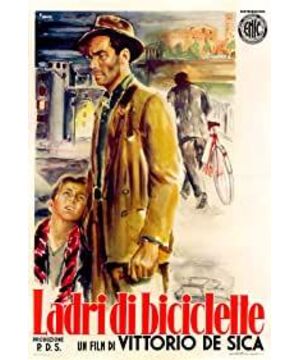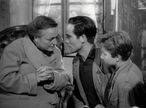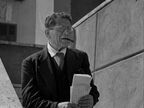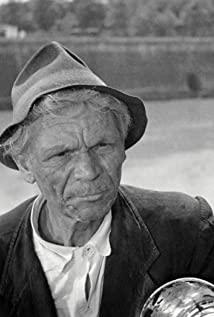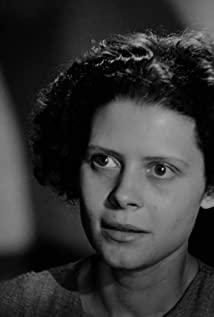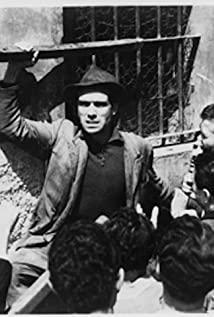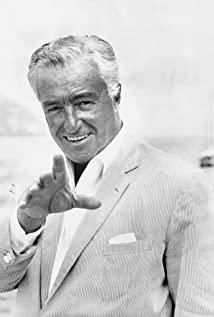The Joy and Pain of One Good Meal in Bicycle Thieves By Jia Zhangke FEATURES — MAR 18, 2019 As the years go by, I forget the details of the movie, but I will always remember the scene where the father and son share a meal. It's after they've been disappointed by their failure to find the stolen bike. The father realizes his son is heartbroken and takes him out to eat. The moment the scene begins, we can see he's chosen a nice restaurant and that the customers inside are from a different background from the two protagonists. There's an immediate contrast being struck between the working class and the upper class. On the one hand, you feel the father's desire for his son to enjoy life's most basic pleasures. You know he wouldn't have entered this restaurant on his own, if he were thinking purely rationally. It's an act of love.But at the same time, there's a feeling of rage running through this scene. Why can't they be like the other customers? Why can't they live this life? They've penetrated this other world that their economic situation has kept hidden from them. Once they've ordered their food, there's a bit of cross-cutting where you see a young boy at another table, and his nice clothes and obvious ease in this environment separate him from the father and son. But you can see , as the working-class boy eats the cheese, that the pleasures of the food are helping him temporarily forget his troubles. There's a sweetness here but also a real rebelliousness. There's a similar dynamic in my film Ash Is Purest White, in a scene where the female protagonist is an interloper at a fancy restaurant, not unlike the father and son are in Bicycle Thieves.She's lost all her money, and she's trying to scam men by using their weakness of philandering against them. But it's not just the class commentary in Bicycle Thieves that stands out to me. I also really love how De Sica uses his actors. In that scene, the young boy doesn't say much, but in his expressions you can see what's going on in his mind, even on a subconscious level—his excitement and anxiety, as well as the precociousness of a child who has had to grow up very fast. There's a complexity to the gazes he exchanges with the wealthier boy at the other table. De Sica is in such control of this enclosed space that it almost feels more open than it is. You're circulating among a number of different parties —there’s the father and son, but also the neighboring table, the waiter, and a band of musicians playing in the background.It's so different from filmmaking today, which has a tendency to draw our attention exclusively to the lead actors, causing us to neglect the world around them. The way these nonprofessional actors brought their own body language, their own way of being, to the film was a revelation to me. They don't look like tourists who have stumbled into the world of the poor; they're an integral and natural part of the setting. Though De Sica's influence in Chinese cinema actually stretches back to the Fourth Generation, with directors like Xie Fei and Wu Tianming, this approach to acting and on-location shooting was particularly inspiring to Chinese filmmakers in the 1990s. Not only were most of the scenarios at that time so distant from reality, but the settings were artificial as well .Neorealism showed us how nonprofessional actors could bring traces of their lives into a movie and become a central ingredient in creating a certain texture of reality.
View more about Bicycle Thieves reviews


